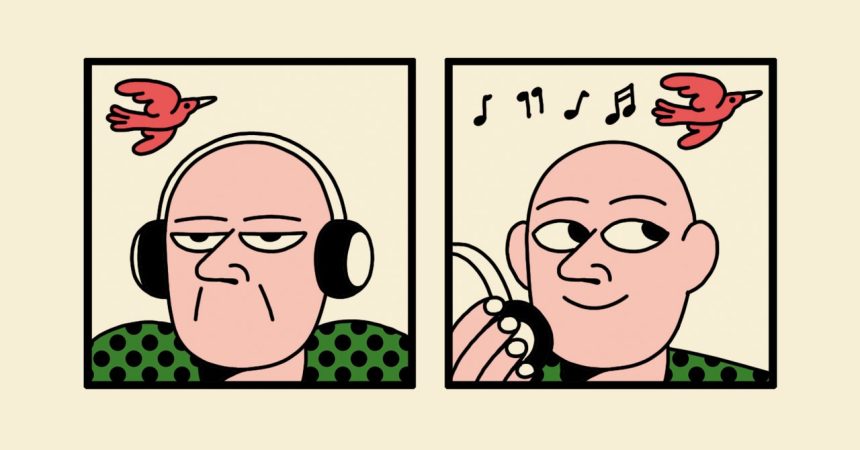The close of each year invites introspection, a time to evaluate life’s trajectory and chart a course towards greater fulfillment. Often, this reflection reveals a perplexing paradox: the presence of positive elements like a satisfying career, a loving family, and a comfortable home, yet a persistent undercurrent of muted happiness. Simultaneously, negative aspects, such as relationship strains, online negativity, or workplace inefficiencies, become normalized, diminishing our motivation to address them. This phenomenon arises from habituation, the brain’s tendency to become less responsive to constant or frequent stimuli, effectively blurring the contours of both joy and discontent. Learning to recognize and counteract this habituation is key to unlocking a more fulfilling existence.
Habituation, a fundamental neurological process, explains why the initially captivating aroma of coffee fades into the background after prolonged exposure. Our olfactory neurons, initially stimulated, cease to register the scent. This same principle applies to more complex life experiences. We become accustomed to the comforts and blessings in our lives, diminishing our conscious appreciation of them. Conversely, we adapt to negative experiences, accepting them as an inevitable backdrop to our daily existence. The challenge lies in reclaiming sensitivity, reigniting the joy derived from positive experiences while acknowledging and addressing the negative elements we have passively accepted.
The key to dishabituation lies in understanding the nature of pleasure and pain. Economist Tibor Scitovsky’s insightful observation, “Pleasure results from incomplete and intermittent satisfaction of desires,” offers a powerful strategy for enhancing enjoyment. Consider the example of a beloved song. Continuous listening leads to a decline in pleasure as the initial thrill fades. Introducing breaks, however, rekindles the joy upon each replay, as dishabituation allows us to experience the music anew. This principle extends to all pleasurable experiences. By savoring rather than binging, by introducing intermittent breaks in our engagement with the things we enjoy, we can maximize the pleasure derived from them.
Conversely, when confronted with unpleasant tasks, a different approach is warranted. Completing these tasks in one continuous effort minimizes the overall suffering. Just as continuous exposure to a pleasant stimulus diminishes its impact, so too does continuous exposure to an unpleasant stimulus. Breaking up unpleasant tasks, like household chores or administrative work, only serves to re-sensitize us to the unpleasantness each time we resume. The “pain” associated with these tasks diminishes with continuous exposure, making a concentrated effort the most efficient and least distressing approach.
Beyond the realm of immediate pleasures and pains, habituation can also mask the insidious effects of chronic stressors. These persistent, low-level stressors operate like the constant hum of an air conditioner – often unnoticed until their absence reveals their impact. Social media provides a compelling example. Many individuals underestimate the negative effects of constant connectivity until they consciously disconnect. Studies have shown that temporary breaks from social media platforms can lead to significant improvements in happiness and stress levels, often surprising the participants themselves who were unaware of the extent of the platforms’ negative influence.
Therefore, as we look towards the new year, embracing “experiments in living” becomes a powerful tool for self-discovery and enhanced well-being. Systematically eliminating and introducing elements into our daily routines, one at a time, allows us to assess their true impact. This mindful approach empowers us to curate a life that prioritizes joy and purpose. By actively measuring and evaluating the effects of these changes, we can identify and retain the elements that contribute to our overall well-being, while discarding those that detract from it. This process of experimentation and reflection enables us to break free from the grip of habituation and consciously shape a life that aligns with our values and aspirations.



